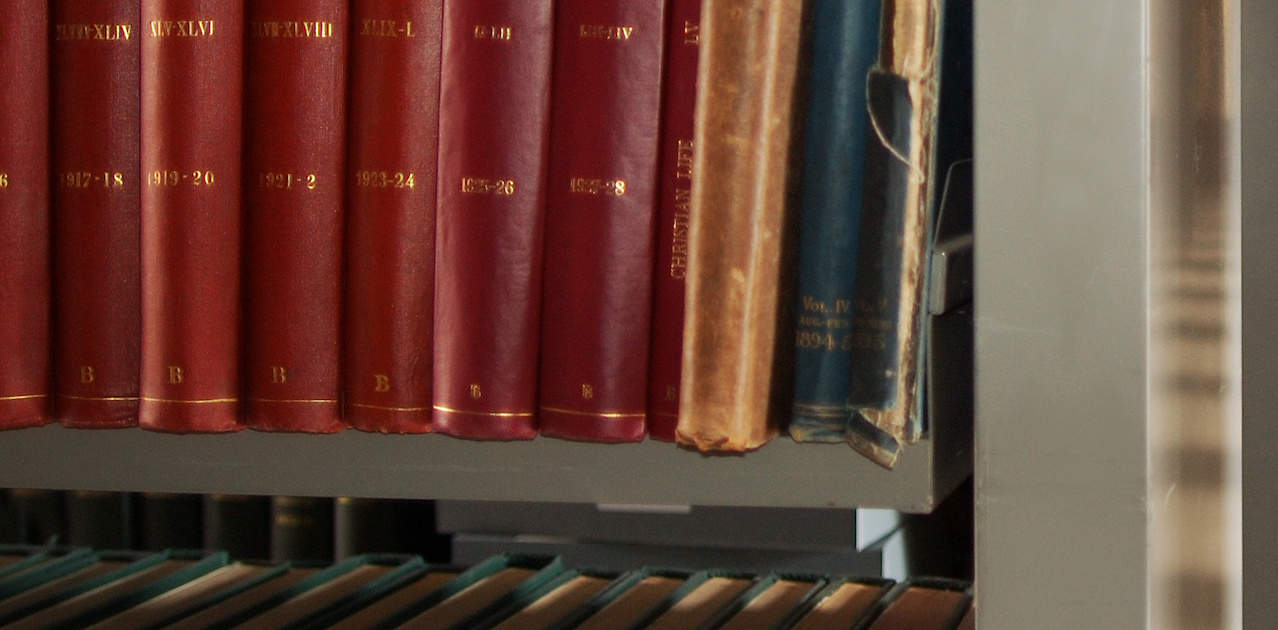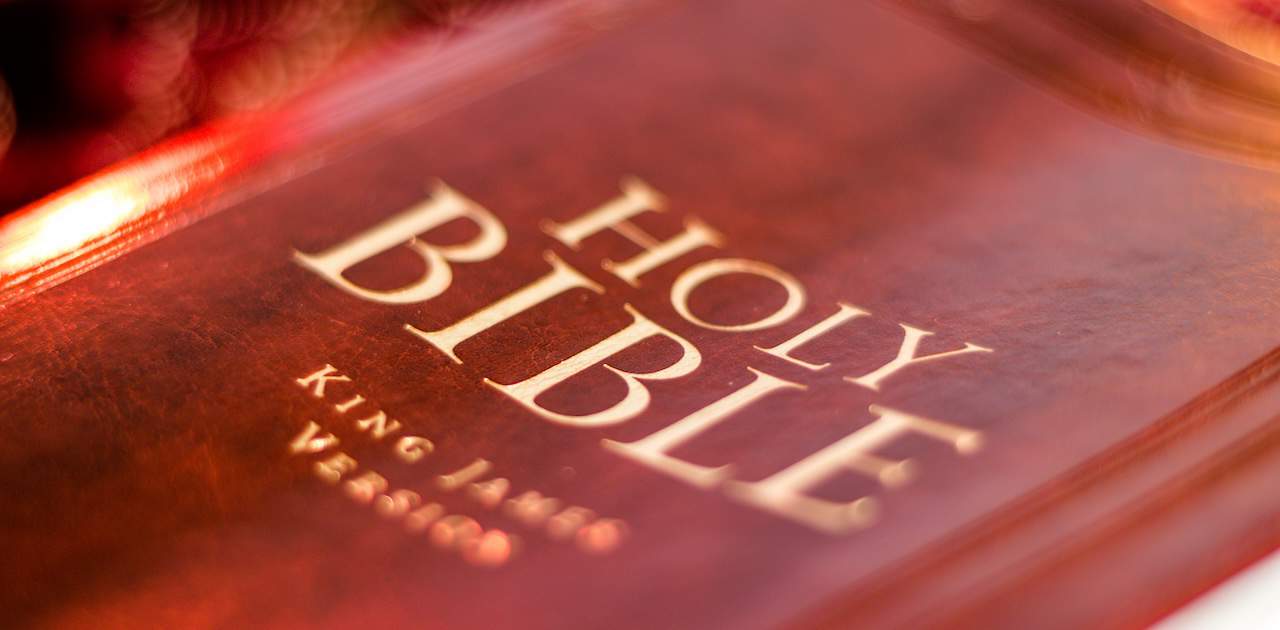Valuable probate documents can yield clues about an ancestor, but you’ll likely have to visit
Several years ago a woman now living in Florida was trying to determine how one of her ancestors lived here in Warren County.
She knew the family history included a father who died around 1866, leaving a farmstead to his wife and three young sons. But she did not know the precise date of death, how the ancestor died, or how the wife was able to support the children since other family relationships seemed distant. She was also unsure if the death was related to the Civil War.
We looked at probate records and found one from 1865, during the Civil War. This valuable bit of probate record research revealed a lot about her family history:
- The precise date of the man’s death was in 1865, not 1866
- He died in battle in Georgia
- The wills and probate court records created showed how much property and the value of the personal property the ancestor owned and passed on to his family
- The clues to the death in Georgia as part of the Civil War revealed more clues about other vital records available through the then-War Department, including pension records
- Using those clues, they were able to check the state archives and source other land records to know how land ownership changed as the boys aged into adulthood and that the eldest son stayed behind to take care of their mother in her old age
- Other relatives were listed, confirming new names of people unknown to her at the time, thus revealing more about how an ancestor lived and their economic status after death.
The whole experience removed several brick walls this person was facing in her genealogy research. All because of the will and probate records.
Probate records are court records created after an individual’s death to transfer property
Probate records are simply court records created after a person dies that show a Court’s decision on what property, assets, money, and other valuables are awarded to heirs and creditors.
Even if a person had a will (called a “testate”) or not (an “intestate”), the probate process unfolds regardless.
Today’s intestacy laws and more modern inheritance laws are very clear that the death of a spouse almost universally passes the estate inventory on to the surviving spouse. But in the 19th century, transferring ownership of a property to a woman was sometimes rare and only about 30% for “widower’s dower” was granted to a surviving wife. The rest was divided by the children unless specified in a will.
Similarly, the probate process in most courts was focused on “resolving the problem right now,” based on a person’s debt and who owed money to who, and getting the property turned over to a new caretaker. Absent a surviving spouse, the next of kin — usually a son — inherited the estate. But minor children were rarely granted land ownership due to their age.
Probate courts still operate today in most jurisdictions, although sometimes part of a civil or circuit court depending on local policies. Probate is a legal process validating a will or administering an estate after an individual dies. That process also includes taking inventory of the decedent’s assets, paying debts and taxes, and distributing the remaining property to beneficiaries.
If the person had a will, probate was a relatively quick certification process after affirming the document. In cases where the decedent did not have a will, a probate court played a much more active role in the administration of the estate.
Probate records are usually hand-written, as were the wills of the deceased. But if you can find well-maintained probate records, they’re highly valuable to genealogy research. They can include:
- Wills
- Bonds
- Petitions
- Accounts held at banks or other institutions
- Various administrations, orders, and decrees
- Distribution of the estate as determined by the court
- The court records
- The person appointed to oversee the assets
Probate files in Warren County have the wills, bonds, petitions, inventory of property, and the appraisal and sale of that property. Check your local records as these records can vary slightly between states and the year of the records.
Probate records are also frequently the only primary source of information on a person’s precise date of death, names of the spouses, children, parents, in-laws, neighbors, associates, relatives, and residences.
In the case of the woman who contacted us about her ancestor, the probate research process revealed several interested parties in their estate. While family members received most of the assets, there were debts owed to presumed neighbors based on plot maps of the area. Similarly, it revealed a treasure trove of genealogical information about a few different places they lived here in Warren County.
Probate records are frequently indexed, but held locally
Probate courts usually handed the probate files to a court administrator or clerk who bound them the same way they preserved other court records. These hand-written probate records are often hard to digitize, but many communities have helped scan, index, and preserve these records with the help of volunteers.
Some online genealogy research tools like Family Tree and Ancestry.com have some probate records, but they’re usually lacking because unlike all but the smallest newspapers and death certificates, which, over time have moved from county courthouses to state archives and larger, better-staffed central repositories, probate records have frequently stayed local.
Most genealogical publishing companies and software makers have little or no access to the records contained in a rural library. Depending on your state, some state archives and libraries may have indexes to probate records, but the individual records the index points to may be at a county-level source.
Find probate records in Warren County or your local court records at your local historical society
In most communities across America, probate records are most likely stored in large, bound volumes of books and placed in a local historical society. Microfilm is also common, as in our Research Library.
But depending on a community’s size and the storage policies of the local courthouse, they may also be in a local public library or still at the court.
You should check with the local historical society, library, or courthouse to check in the county you’re researching.
The Warren County Historical Society maintains a collection of probate records and related legal records in our Research Library from 1833-1900.
Additionally, The Local Records Preservation Program of the Missouri State Archives processed the files for the Warren County Probate Court and others across the state. Loose papers were placed in archival folders, microfilmed, and donated to us for safekeeping.
The original record books are still located in the probate court, but the microfilm of those books for 1833-1900 is available at WCHS, as well as a microfilm of the “will” record book up to 1918. A sortable index is available online as well as indexes of other genealogy information.





